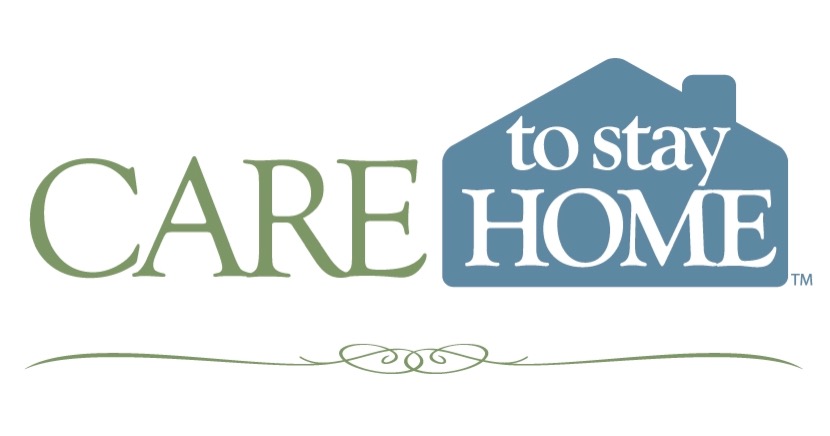
29 Nov You’ve Got a Friend
Aging is not an easy process – ask around. Most of my life I had perfect vision. Then one day I was playing in a softball game at age 37 and I just couldn’t see the ball anymore. That was 37! According to The Optometric Association, it is fairly normal to have some decline in your vision by age 41 and continue into your 60’s. According to AARP, hearing can start declining as early as age 20 and as late as late as age 69! But this is just the beginning.
As we age, not only do our eyes and ears start to decline, but many of our basic functions will decline over time. This is normal aging, but what is not normal aging? What should we be watching for and protecting ourselves and our family and friends from? Even with those things that are considered part of the “normal aging” process, we should have regular check ups with our primary care physician (at least annually), but here are a few things to help our aging friends and family members that may be struggling (not us – because we never age).
What to Watch For
- Physical changes that we may see are pain when walking; bending; reaching; or, performing tasks that the person is used to doing as part of their normal day.
- Tripping, falling, or losing balance when there is no apparent cause.
- Inability to perform tasks a person was once able to perform.
- Shrinkage of muscle (known as atrophy) for no apparent reason.
- Changes in shape or swelling of hands and/or feet.
- Shortness of breath.
- Loss of weight, height or drastic change in appearance.
If you see these things happen with an aging friend or family member over a short period of time, encourage that person to see their personal physician.
Changes in personal habits or behavior may also be a consideration for contacting a medical professional. The following are some examples to be aware of:
- Someone has become a recluse or shut in.
- Clothing has not been changed on a regular basis.
- Personal hygiene is not up to regular standards.
- The persons eating habits have declined.
- There is a decline in the persons ability to keep up with the housekeeping.
You may also choose to contact a home care provider that may provide a FREE In-Home Assessment for these needs and to determine the reason for the decline.
Cognitive decline may also be apparent in the aging friend. It is normal aging for someone to lose a personal item. I lose personal items all the time, but it is not normal for someone to forget the name and relationship of close family members. This is not necessarily a reason to immediately believe this friend has Alzheimer’s or another form of Dementia. There are many reasons why a person may have memory loss, but there is a definite need to be seen by a physician and have a complete and thorough physical and cognitive exam to determine the reason for the decline. There could be a medical reason for the decline. Only a medical professional with the proper diagnostic testing can determine the reason for this decline.
As an Alzheimer’s Association Instructor, I teach my students to create “Care Partners” for their loved ones with Alzheimer’s or other Dementias. This a good idea for all of us – to have a Care Partner that watches our back for those things we cannot see when others can. Which brings me to the final sign of the aging friend – which is denial. Yes, we will all age, but we can do so with grace and dignity. We just need to watch each other’s backs and get the right health, maintenance and medical attention when needed.


